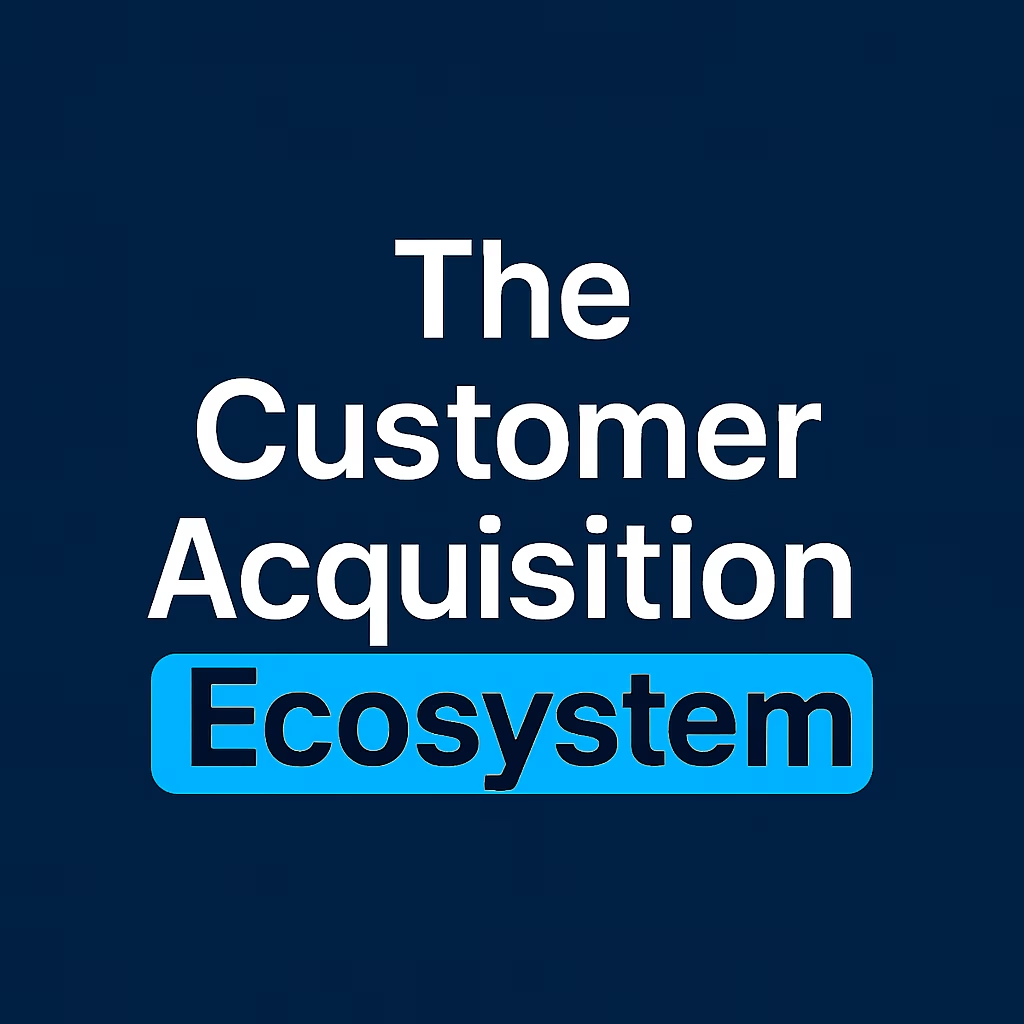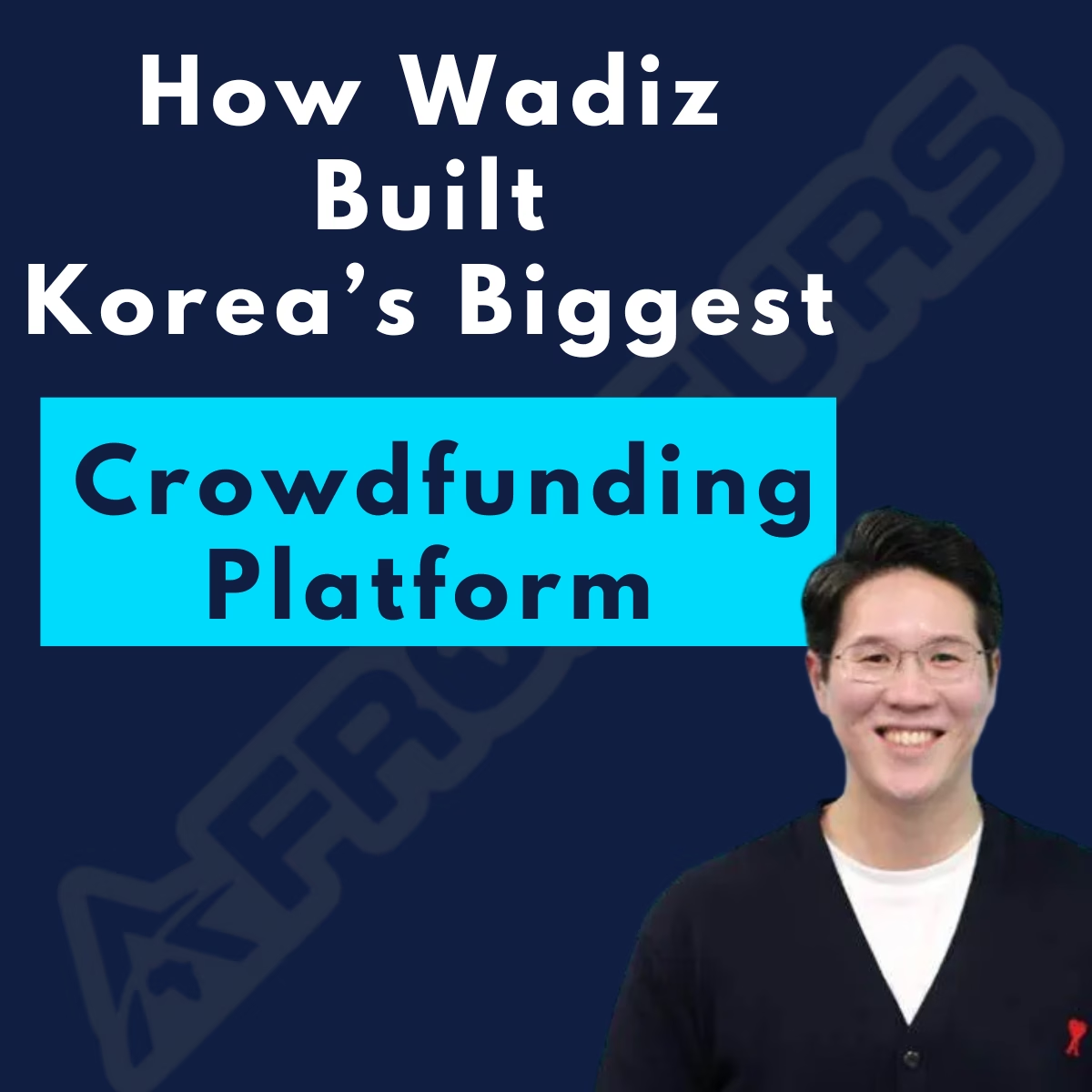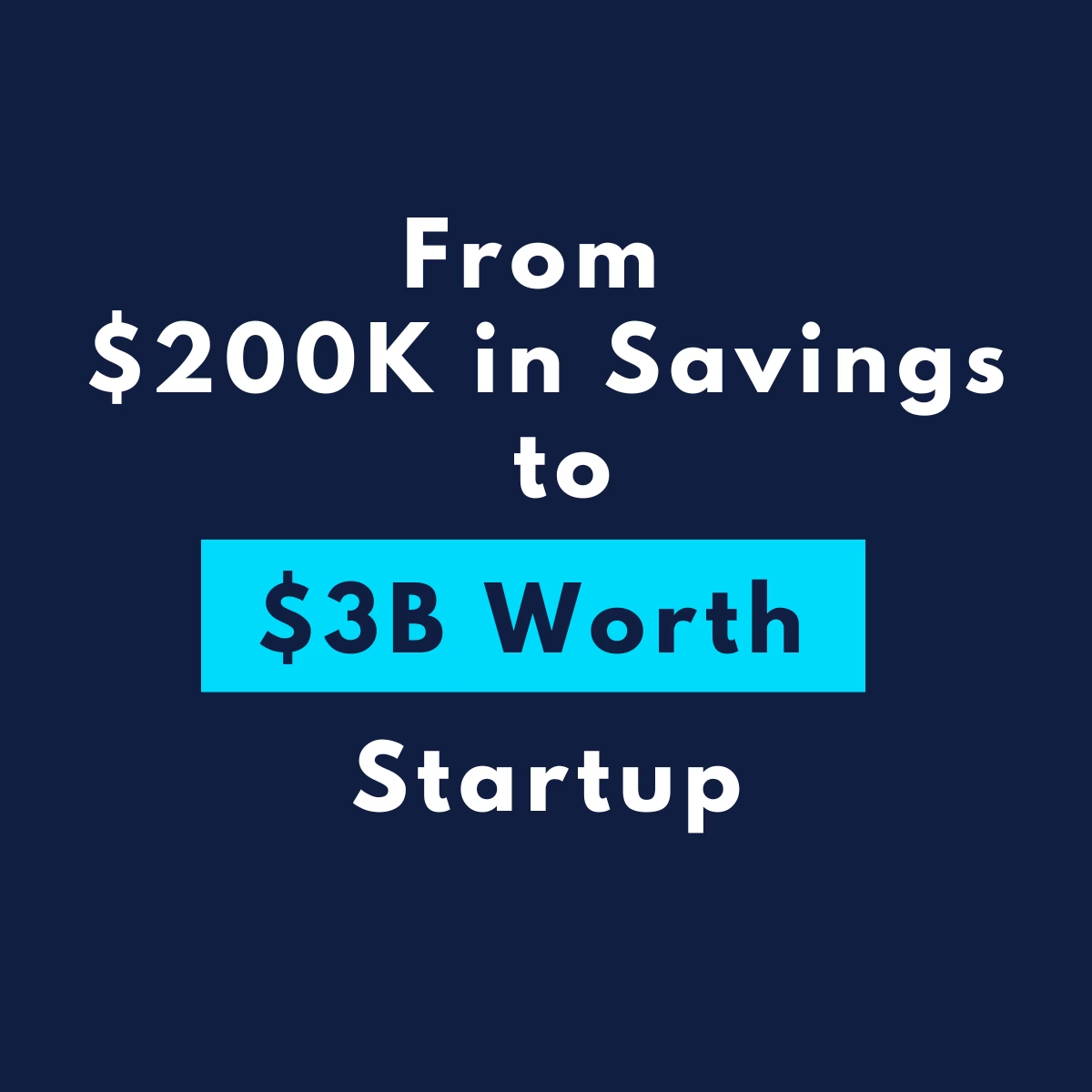Unlock your productivity with Notion! Whether you’re managing projects, creating content, or tracking goals, Notion is the ultimate all-in-one workspace. Here’s the link: Notion
At just 15, Patrick Ngowi received $50 from his mother to start selling airtime vouchers in Arusha, Tanzania.
Which allowed him trip to China to buy cheap cell phones and here is where everything changed with his cellphone selling business he made it a profitable one.
He said “I was only 18 and a half years old at the time but I was doing an annual turnover of $150,000.”
During one of his trips to China, Patrick noticed that solar energy was booming. Curious, he started researching solar technology and decided to educate himself.
At age 19, Patrick Ngowi enrolled in Dezhou University in China, where he studied renewable and alternative energy (with particular emphasis on solar power).

Tackling Tanzania’s Electricity Crisis: Only 10% Had Access
Patrick also realized that many homes in Tanzania didn’t have access to electricity.
his first product was selling solar water heaters.
Why water heaters? Arusha is unique, it’s an area where hot water is a necessity with its colder climate,
80% of the tourist tend to visit Arusha, thanks to its proximity to Mount Kilimanjaro, the tallest mountain in Africa where tourists go to climb.
The Ngorongoro Crater, where tourists go to witness the Big 5 animals (lion, leopard, elephant, buffalo, and rhino) during certain seasons, showed that there was high demand for electricity.
Rural small houses needed affordable alternatives to the expensive electricity bills
Small solar panels kits were another solution, perfect to fulfill rural small house’s needs.

First 2 Customer Segment:
Ngowi faced a big challenge: how to sell a product that no one knew about.
Most people in his community didn’t even know what solar energy was or how it worked.
To solve this, Patrick focused on education. He started teaching people how solar panels could replace kerosene lamps, which were expensive and dangerous.
To showcase how it worked, Patrick started doing live demonstrations in markets and workshops, directly engaging with the community
He showed people how solar panels could power their basic household needs, and how easy it was to use them.
Slowly but surely, people started showing interest in solar products
.
Word of Mouth to Reach New Customers
His first customers became his biggest marketers.
While in Denzhou, he built relationships with a few friends in the construction industry, which led to steady orders from them.
Sometimes they would ask him to buy other stuff as he was probably the only one they knew that would travel to China.
This initial network gave him a foot in the door. He began informally exporting solar water heaters and small solar panel kits for homes.
They were so excited about the product that they told their friends and neighbors, spreading the word through word of mouth.
Patrick’s efforts paid off by focusing on educating and helping his community.
When he returned to Tanzania, he opened a small shop and decided to take a personal approach.
Every time someone made a purchase, he would close the shop, go to their homes and set up the systems himself.
This hands-on service built trust with his customers and spread the word about Helvetic Solar Contractors.
As word of mouth grew, so did the demand for his products. Orders increased, and the business became profitable.
However, managing the shop while personally installing solar panels for clients became unsustainable.
With the right adjustments, he expanded the business, reaching the $1 million mark
Then, he realized he needed to plan a clear growth strategy.

This is the plausible growth on the information we gathered not the real growth
Growth Strategies
Helvetic began gaining traction, and Patrick realized it was time to implement different growth strategies.
To focus on scaling the business instead of personally setting up solar panels, he started training employees to handle installations.
Since renewable energy was still a new concept in the region, he understood the importance of building his personal brand, knowing that this would naturally elevate the company’s brand as well.

Building personal brand
Ngowi understood that he couldn’t focus solely on building the company’s brand, as most Tanzanians were unfamiliar with the renewable energy concept
So, he decided to build his personal brand. Instead of doing live demonstrations in Arusha, he realized he needed media exposure to reach a wider audience.
Patrick used traditional media to build his personal brand.
He appeared in various media outlets:
- TV talk shows and demonstration videos on the news.
- Newspapers and magazines: Forbes Africa’s 30 Under 30, New African Magazine, where he was named among the 100 Most Influential Africans, and African Leadership Magazine, which recognized him as “Young African of the Week.”
- Public speaking engagements: He spoke at events like the Harvard Africa Business Conference, where he shared his business journey and the challenges of starting and scaling a company in Africa, as well as at the African Development Bank Annual Meeting, among others.
Between 2012 and 2015, Patrick invested heavily in media exposure to build his personal brand and strong network.

Scaling the business
His branding strategy helped him establish valuable networks and relationships with major corporations and institutions.
The scaling strategy he adopted involved climbing the ladder from small businesses to large enterprises while still serving his customer base.
He started taking larger projects for corporate enterprises and institutions.
Some of his high-ticket customers included:
- Tanzanian Army: Helvetic Solar Contractors supplied solar products to the Tanzanian Army, enhancing their energy capabilities.
- United Nations: The company provided solar solutions to the United Nations, supporting their operations in the region.
- Lutheran Church: Helvetic Solar Contractors supported the Lutheran Church with solar energy solutions for their community initiatives.
- Corporate institutions with multiple offices or branches: Businesses that wanted to reduce electricity costs by implementing solar-powered systems.
These premium clients helped Helvetic to surpass the $10 million mark, growing into an 8-figure business.

Expansion vision
Patrick Ngowi took strategic steps to expand Helvetic Solar Contractors into other East African countries, which played a key role in the company’s rapid growth. Here’s how he made it happen:
- Kenya: Seeing the growing need for renewable energy, Ngowi took Helvetic to Kenya, where the company provided solar solutions to both homes and businesses, tapping into the country’s emerging market for clean energy.
- Uganda: Expanding into Uganda, Helvetic focused on delivering solar power to rural communities and businesses, meeting the demand for affordable and sustainable energy.
- Rwanda: In Rwanda, Helvetic offered solar installations to support the nation’s energy infrastructure, especially in off-grid areas where reliable electricity was scarce.
- Burundi: Finally, Helvetic made its way into Burundi, continuing its mission to bring solar energy to more people across the region.
This expansion strategy helped Helvetic reach new markets, boost its revenue, and establish itself as a leader in East Africa’s solar energy space.
While the exact revenue today is unknown, Ngowi’s goal is to scale Helvetic to a $100 million company in the coming years.
Philanthropy
Patrick Ngowi Visited rural villages that could not afford to buy Helvetics products
He noticed many women in these areas struggled with high energy costs and lacked reliable electricity, so he donated his salary to buy them solar-powered lights to brighten their homes and support their small businesses.
This not only helped improve their daily lives but also allowed them to run their businesses more effectively.
Patrick is the founder of the Light for Life Foundation, a non-profit foundation, which focuses on providing free Solar and Small wind power systems for youth and women in rural parts of Tanzania.
That is all for today, if you enjoyed please share it with your friends and connections.
Have a happy week.



